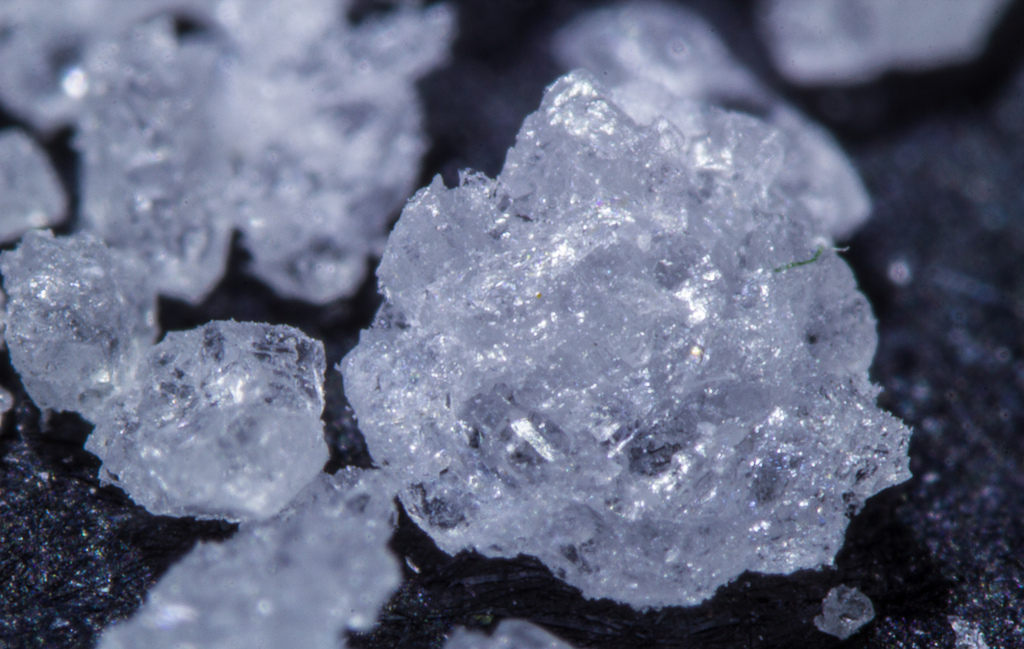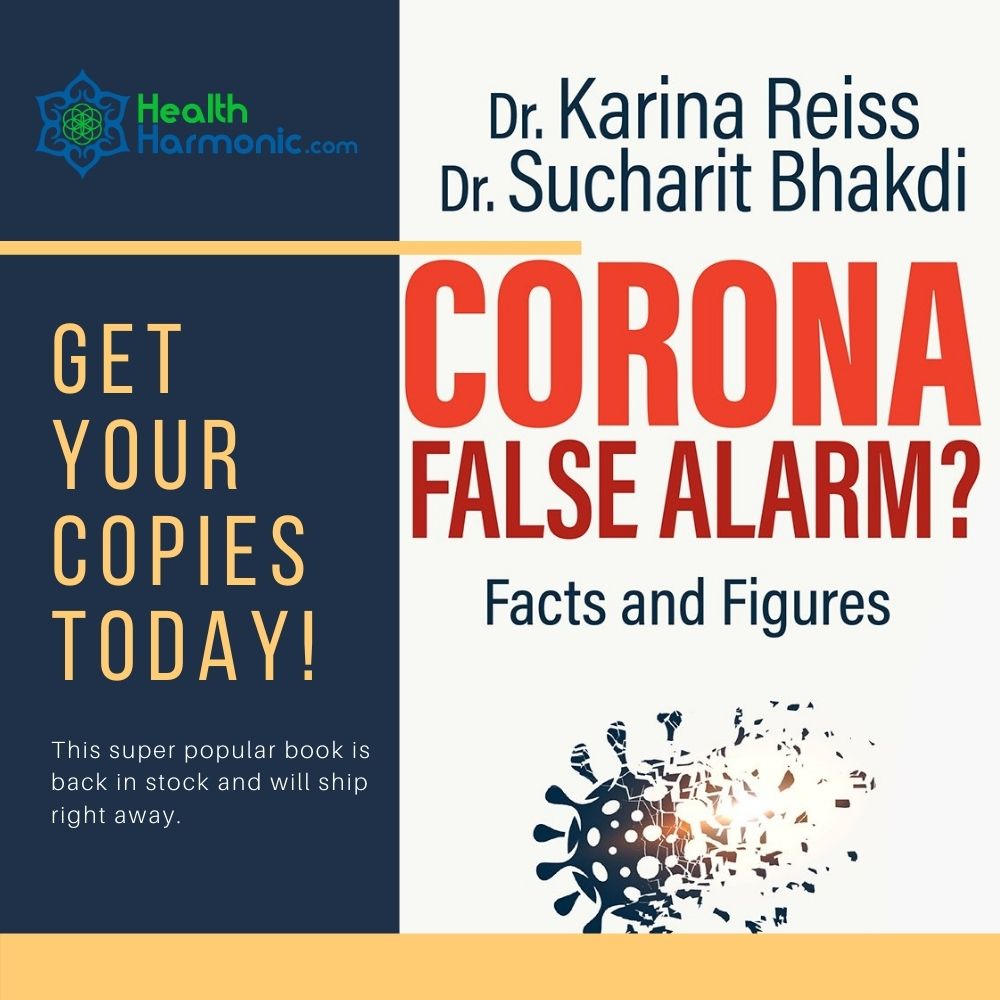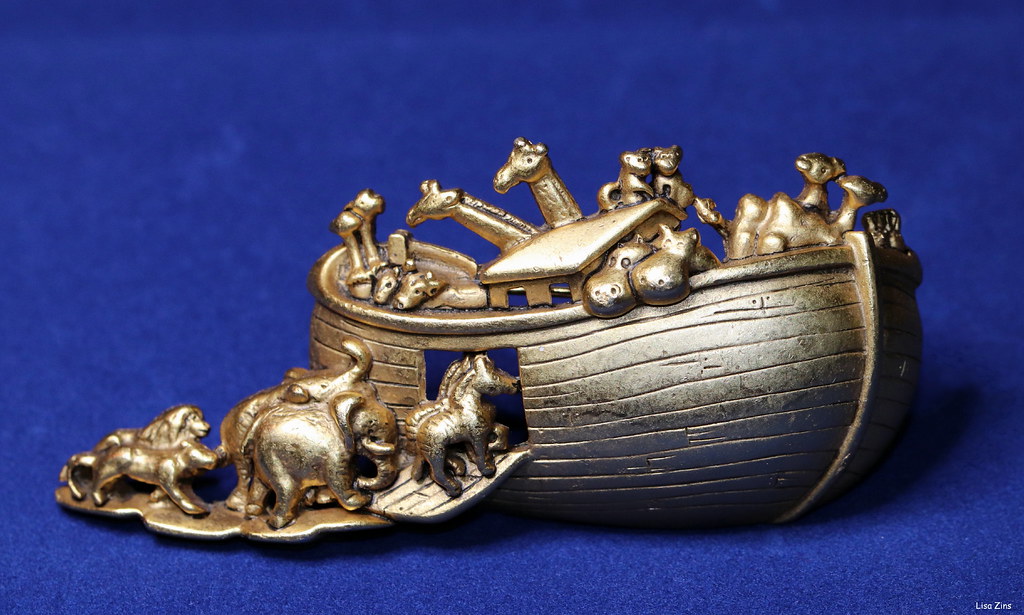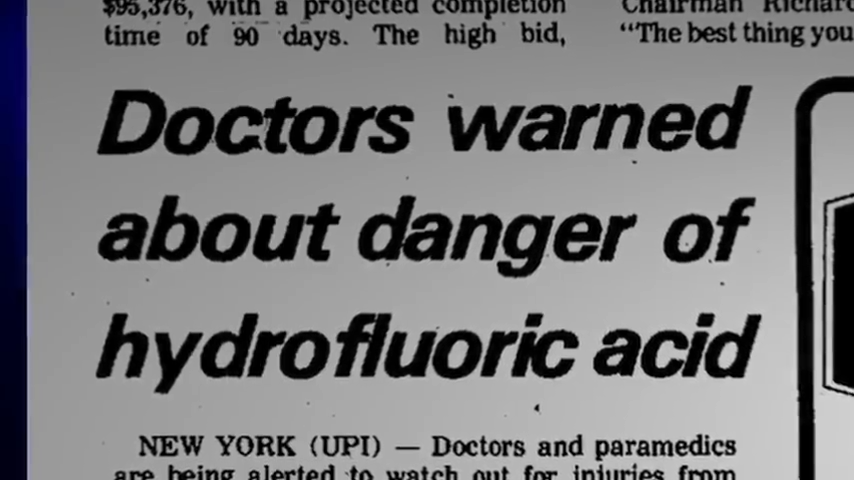A 30-year study published in Scientific Reports suggests that people who consume high amounts of sugar intake may be more likely to experience mental health problems, especially men. Further, the study reveals a link between sugar and depression, which should be intriguing to everyone given the amount of sugar Americans consume.
Nitty Gritty Study Details
More than 10,000 British civil servants between the ages of 35 and 55 were recruited for the University College of London’s Whitehall II study, which launched in 1985. In the study, researchers monitored the participants’ health and behavior, conducting surveys with each volunteer over 10 phases, 3 years apart.
Of the participants, 66.9% were men and 33.1% were women.
The researchers surveyed the participants’ diets at the 3rd, 5th, 7th, and 9th phases of the study. The team looked at 15 kinds of foods placed in the “sweet food and beverage” category, including cakes, cookies, and sugar-sweetened coffees, and teas.
The food intake surveys were then compared with a general health questionnaire designed to measure symptoms of depression and other common mental disorders (CMDs), such anxiety and insomnia.
The researchers wrote:
“The present long-term prospective study is the first to investigate the association of sugar consumption from sweet food/beverages with prevalent, incident and recurrent mood disorders, while also examining the effect these disorders might have on subsequent sugar intake.”
They added:
“Further, we found an increased likelihood for incident CMD in men and some evidence of recurrent depression in both sexes with higher intakes of sugar from sweet food/beverages.”

















